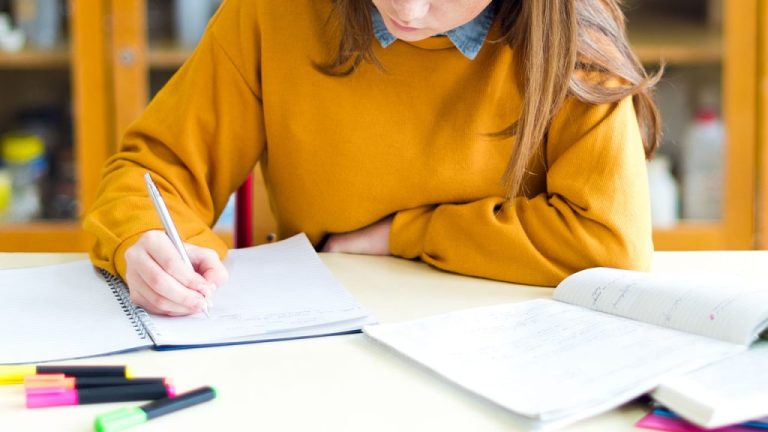To be academically successful, students need a strategic approach that helps them retain the knowledge they obtain and know how to apply it. Excelling in school requires the same qualities that lead to success in the real world: discipline and consistency. However, students often develop habits that hinder their success and end up working harder rather than smarter. Today, we are taking a close look at these common habits that affect a student’s academic success and healthier alternatives for a more productive academic journey.
1. Procrastination
Many students tend to procrastinate by putting off their responsibilities for a later time. This is among the most common habits that significantly impact students’ academic performance. Students who often delay their school assignments end up rushing to have them completed to meet the deadline. Rushed work leads to poor-quality work.
Instead of delaying tasks, it is best to create a schedule that clearly outlines the deadlines for incomplete tasks. Students may also find it easier to tackle assignments when they are broken into smaller portions that are more manageable. After completing each task, motivate yourself to stay on schedule by treating yourself to something you like.
2. Lack of Organisation
Many students have poor academic performance due to their lack of organisational skills. Whether it is a cluttered study environment or disorganised notes, students may find it difficult to thrive in disorganization They may find it difficult to locate necessary information or find it challenging to remain focused. Lack of organisation results in a lot of time being wasted trying to find information or trying to focus on the work at hand.
Having a clean study environment with notes that are systematically arranged can make a lot of difference. Students can also invest in a digital calendar or planner to keep track of their tasks and deadlines. To efficiently arrange their notes, they can use binders, and digital folders.

3. Multitasking
It is a common belief that multitasking increases productivity, but this myth is incorrect. While it seems like you are doing more at a faster speed, switching between tasks also reduces focus and increases the likelihood of errors. It is best to complete one task first before moving to another. When you do this, the quality of your work will improve, and you will retain information better.
4. Cramming
A common bad habit that students have is cramming the night before an exam. While it seems like studying hours before an exam will help you retain information, cramming causes the brain to be overwhelmed, limits long-term retention, and often leads to burnout. Similarly, passively reading textbooks or re-watching lectures without active engagement does not stimulate critical thinking.
Instead of wasting time doing both of these, you can revise the information in small chunks over a longer period to strengthen memory. While doing so, you can create flashcards and summarise information in your own words to improve understanding.

Breaking the Cycle of Bad Habits
When students can recognise the bad habits they have, they can address these habits and start taking the necessary steps to change them. To transition from having unproductive routines to effective strategies, students can:
- Start small: Focus on changing one habit at a time to avoid feeling overwhelmed.
- Seek support: Share your goals with friends or mentors who can hold you accountable.
- Reflect and adjust: Regularly assess your progress and refine your strategies for maximum effectiveness.
Conclusion
Students can become achievers by ditching all the bad habits that are holding them back in school. When this happens, they will see progress, and a strong foundation for sustained success will be formed. These small changes to your daily routine, such as managing time better, prioritising self-care, and engaging in active learning, can improve not only your academic performance but also your overall well-being.

